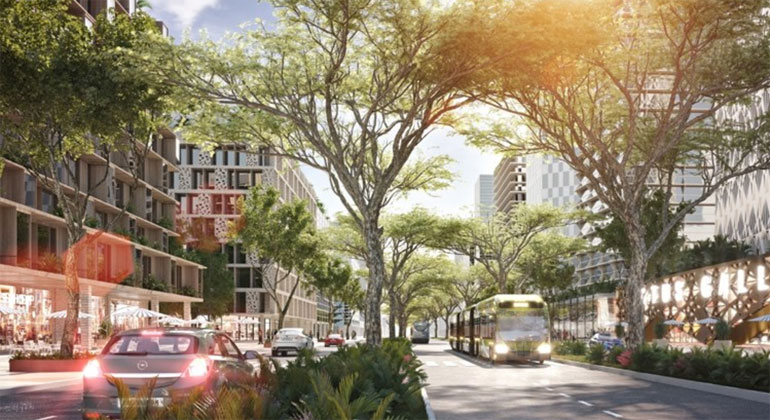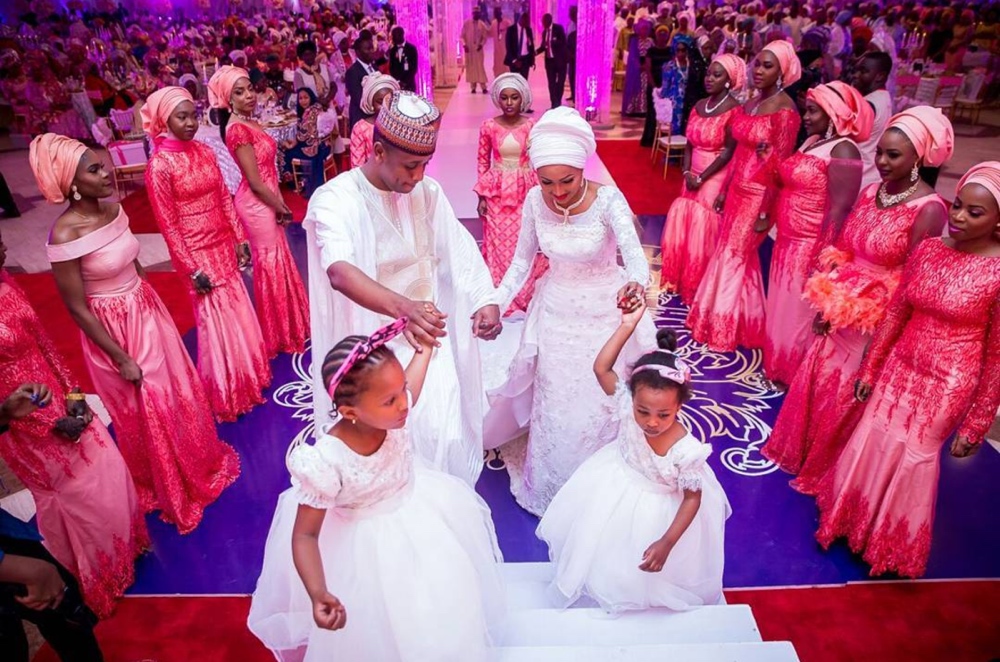
Rwanda’s Kigali Green City, the first of its kind to be built in Africa
Kigali Green City Master Plan development is set to kick off following the appointment of an implementation firm. Rwanda Green Fund (Fonerwa) has reportedly selected Feilden Clegg Bradley Studios (FCBStudios).
The award-winning UK-based architectural and urban design practice will develop the master plan and detailed designs for the pilot phase. It will also provide the associated construction stage information for the pilot development.
Rwanda Green Fund sought to appoint an experienced and qualified urban and architectural design organization through the selection process. The selection was done in close collaboration with the Royal Institute of British Architects.
This selection comes following a feasibility study carried out by Rwanda Green Fund. The German Development Cooperation – through the KfW Development Bank provided financial support for the study.
Sweco, a European engineering, and architecture firm, on the other hand, was appointed to support the implementation of the project.
Project Overview
The Kigali Green City will be built on 620 hectares of land. The site is located approximately 16km from the Rwandan capital. More precisely in Kinyinya, in the district of Gasabo. The sustainable city is expected to consist of 1,749 housing units built on a total of 18 hectares. It is set to feature clean technologies, electric vehicles, electric bicycles, and motorcycle lanes.
Moreover, it will have renewable energy, sustainable waste treatment, biogas plants, and urban forests, among others. Construction will mainly use local building materials. As a result, these will make houses more affordable and environmentally sustainable. The government of Rwanda is also planning to build commercial establishments and offices to accommodate “innovative green enterprises”.
The project, the cost of which is US $5bn will be implemented in phases. The first phase (“Cactus Green Park”) will comprise a housing development with multiple green aspects. This will act as a pilot to lead the way for further scaling up of green building and green urban planning projects. As part of this phase, 410 houses will be developed by Horizon on a total of 13 ha.
The second phase will be developed by RSSB on 125 ha. The next phases will be developed subsequently. These will include commercial and office buildings attracting “Innovative Green Businesses”.
Kigali Green City reportedly aims to demonstrate that green building is a necessity, not a luxury. This will be achieved by working to change the stereotype that sustainability is expensive. Living in resource-efficient housing will significantly reduce electricity and water bills for a population that often spends up to 20% of its income on utilities.
The project, the cost of which is US $5bn will be implemented in phases. The first phase (“Cactus Green Park”) will comprise a housing development with multiple green aspects. This will act as a pilot to lead the way for further scaling up of green building and green urban planning projects. As part of this phase, 410 houses will be developed by Horizon on a total of 13 ha.
The second phase will be developed by RSSB on 125 ha. The next phases will be developed subsequently. These will include commercial and office buildings attracting “Innovative Green Businesses”.
Kigali Green City reportedly aims to demonstrate that green building is a necessity, not a luxury. This will be achieved by working to change the stereotype that sustainability is expensive. Living in resource-efficient housing will significantly reduce electricity and water bills for a population that often spends up to 20% of its income on utilitie















